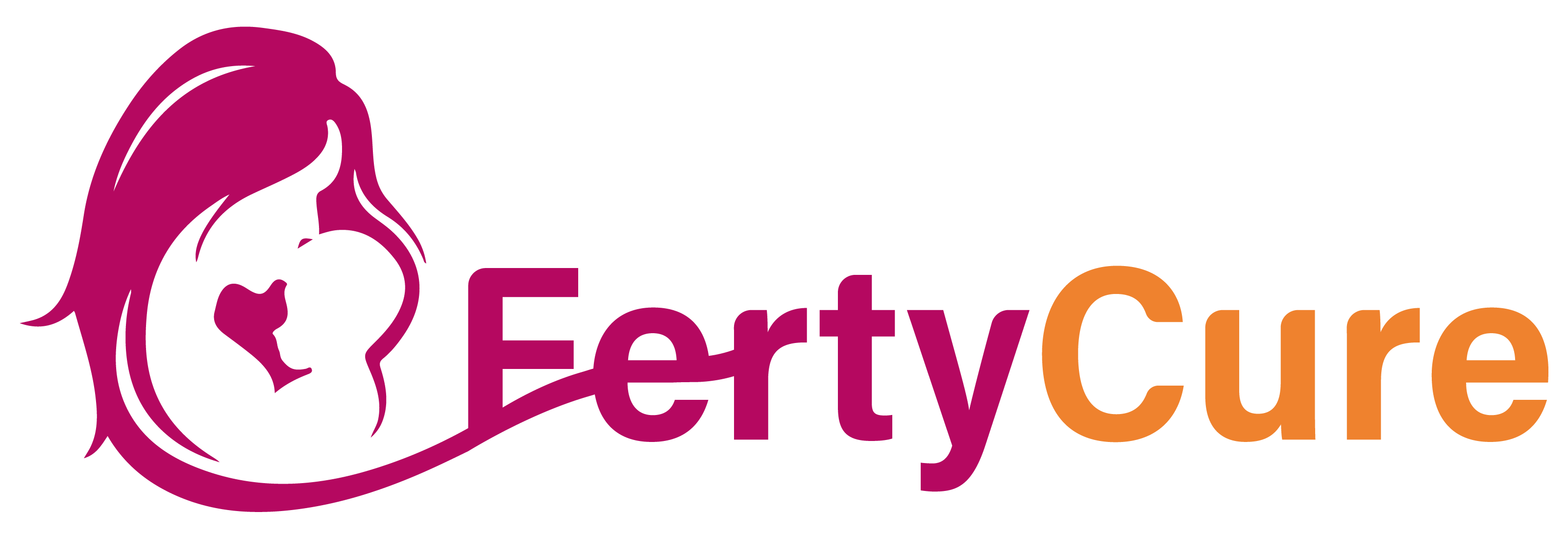Table of Contents
Introduction
In vitro fertilization (IVF) is a specialized medical technique designed to assist couples facing infertility in achieving their dream of conceiving a child. The success of IVF largely depends on various factors, including the prospective parents’ diet and lifestyle choices. In this article, we will explore essential IVF diet tips to boost the success of IVF treatments.
1. Understand the significance of IVF diet tips

1.1 Importance of a Balanced IVF Diet tips
Maintaining a balanced and nutritious diet is crucial for improving fertility. A diet rich in vitamins, minerals, and antioxidants can enhance reproductive health and support successful IVF outcomes.
1.2 Foods to Include
Incorporate foods like leafy greens, colorful vegetables, whole grains, nuts, seeds, and lean proteins into your diet. These nutrient-dense foods can positively influence hormone levels and create an optimal environment for conception.
1.3 Hydration Matters
Staying hydrated is one of the essential IVF Diet tips for overall health and fertility. Drink an adequate amount of water daily to support reproductive function and aid in the development of healthy eggs and sperm.
2. The Role of Supplements
2.1 Folic Acid
Folic acid is a critical supplement that aids in fetal development and reduces the risk of birth defects. It is recommended for both partners start taking folic acid supplements before attempting IVF.
2.2 Omega-3 Fatty Acids
Omega-3 fatty acids have been linked to improved fertility in both men and women. Including sources like fish oil, flaxseed oil, and chia seeds in your diet can be beneficial.
2.3 Vitamin D
Vitamin D deficiency can negatively impact fertility. Consider getting your vitamin D levels checked and take supplements if necessary.
3. Avoid Harmful Substances
3.1 Caffeine and Alcohol
Excessive caffeine and alcohol intake can hinder fertility and increase the risk of miscarriage. Limit your consumption or, better yet, eliminate these substances during IVF treatment.
3.2 Smoking and Recreational Drugs
Smoking and using recreational drugs have been strongly associated with reduced fertility and can decrease the chances of IVF success. Quitting these habits is crucial for a successful IVF journey.
4. Manage Stress and Practice Mindfulness
4.1 Stress and Infertility
Excessive stress levels have the potential to influence hormone levels and disturb the normal functioning of the reproductive system. Finding ways to manage stress, such as meditation, yoga, or counseling, can be beneficial.
4.2 Mind-Body Techniques
Mind-body techniques, such as acupuncture and mindfulness practices, have been shown to reduce stress and increase the chances of IVF success.
5. Regular Exercise and Maintaining a Healthy Weight
5.1 Importance of Exercise
Engaging in regular, moderate exercise can improve blood flow to the reproductive organs and promote hormonal balance, contributing to enhanced fertility.
5.2 Maintaining a Healthy Weight
Both being underweight and overweight can have adverse effects on fertility, potentially reducing the chances of conception. Achieving a healthy weight through diet and exercise is essential for maximizing the success of IVF.
6. Sleep and Reproductive Health
6.1 Prioritize Sleep
Adequate sleep is crucial for hormone regulation and reproductive health. Always try to have 7-9 hours of quality sleep each night.
6.2 Sleep Hygiene
To improve sleep quality, it’s essential to establish a consistent bedtime routine, minimize screen time before going to bed, and create a comfortable sleep environment.
Conclusion
In summary, a well-rounded approach to IVF diet tips and lifestyle can significantly increase the chances of a successful IVF journey. Follow balanced IVF diet tips, supplement wisely, avoid harmful substances, manage stress, engage in regular exercise, maintain a healthy weight, and prioritize quality sleep. These IVF diet tips, combined with medical guidance, can empower couples seeking to boost their IVF success rates and fulfill their dream of becoming parents.
FAQs
1. Is there a specific diet that guarantees IVF success?
While there is no guarantee, following a balanced diet rich in nutrients can positively impact IVF outcomes.
2. Can exercise negatively affect IVF?
Moderate exercise is generally beneficial, but excessive or intense workouts might have a negative impact. Consult your doctor for personalized recommendations.
3. How long should I take supplements before attempting IVF?
Start taking supplements, such as folic acid and omega-3 fatty acids, at least three months before starting IVF treatment.
4. Can stress impact IVF success?
High levels of stress can affect hormone levels, potentially reducing the success of IVF. Managing stress is essential.
5. Are there any alternative therapies that can support IVF?
Mind-body techniques like acupuncture and mindfulness practices have shown promise in supporting IVF success by reducing stress and promoting relaxation

